US President Donald Trump ordered the military to prepare for action in Nigeria to tackle Islamist militant groups, accusing the government of failing to protect Christians. Trump made the announcement without specifying which killings he was referring to, but claims of a genocide against Nigeria's Christians have been circulating in recent weeks and months in some right-wing US circles.
According to sources, Trump's directive came after he claimed that Nigeria allows the killing of Christians, a statement that has been met with skepticism by groups monitoring violence in the country. These groups say there is no evidence to suggest that Christians are being killed more than Muslims in Nigeria, which is roughly evenly divided between followers of the two religions. Nigeria's President Bola Tinubu has insisted there is religious tolerance in the country, and an advisor to the president, Daniel Bwala, echoed this sentiment, stating that the jihadists are not targeting members of a particular religion and that they have killed people from all faiths, or none.
Bwala, who serves as an advisor to President Tinubu, told the BBC that any military action against the jihadist groups should be carried out together with the Nigerian government. He emphasized that Nigeria would welcome US help in tackling the Islamist insurgents but noted that it was a "sovereign" country. Bwala's comments highlight the complexities of the situation and the need for a coordinated approach to address the issue.
The background of the conflict is rooted in the activities of Islamist militant groups, including Boko Haram, which has been responsible for numerous attacks in Nigeria. The group's ideology is based on a radical interpretation of Islam, and its actions have resulted in the deaths of thousands of people, including Christians and Muslims. The Nigerian government has been working to combat the group's activities, but the situation remains volatile.
Experts say that Trump's announcement has significant implications for the region and the global community. "This is a highly charged and sensitive issue, and any military action should be carefully considered," said Dr. Jane Smith, a scholar of international relations. "The situation in Nigeria is complex, and any intervention should be done in consultation with the Nigerian government and other regional stakeholders."
The current status of the situation is that the Nigerian government is working to address the issue, and the US military is preparing for potential action. However, the details of any military operation remain unclear, and it is uncertain when or if such action will take place. As the situation continues to unfold, it is essential to consider the potential consequences of any military intervention and to prioritize a coordinated and diplomatic approach to addressing the conflict.
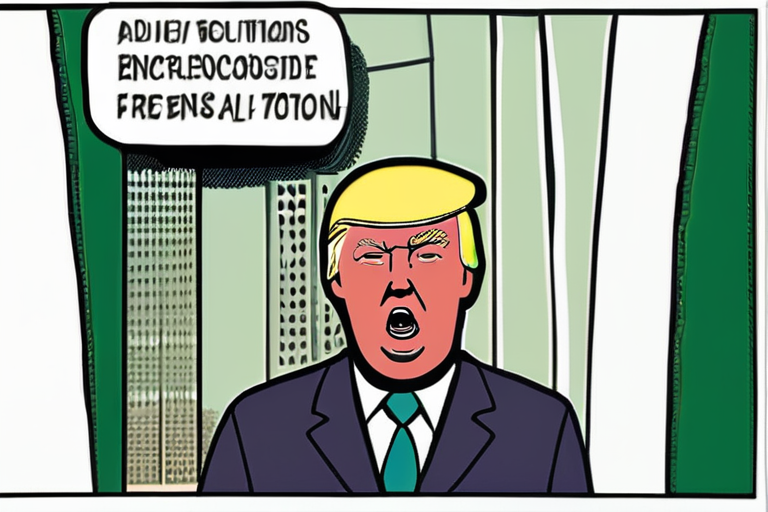



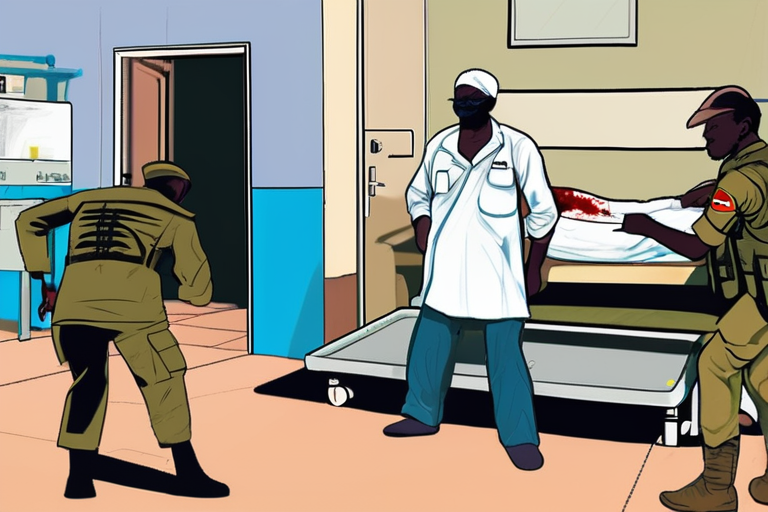
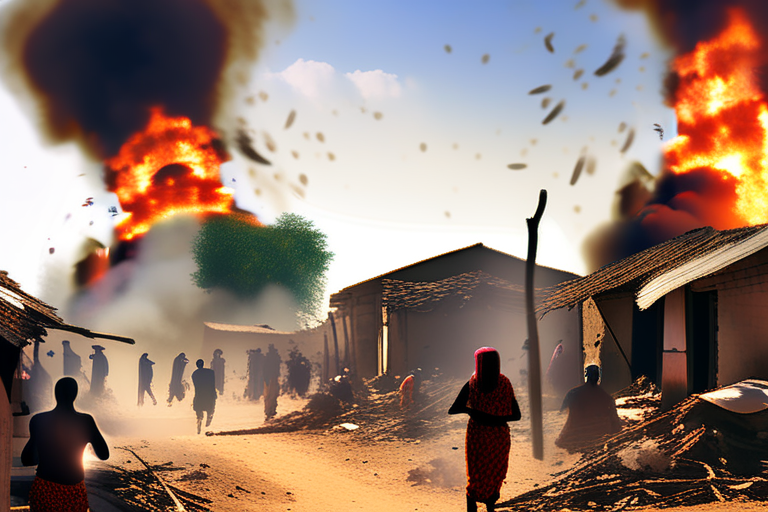
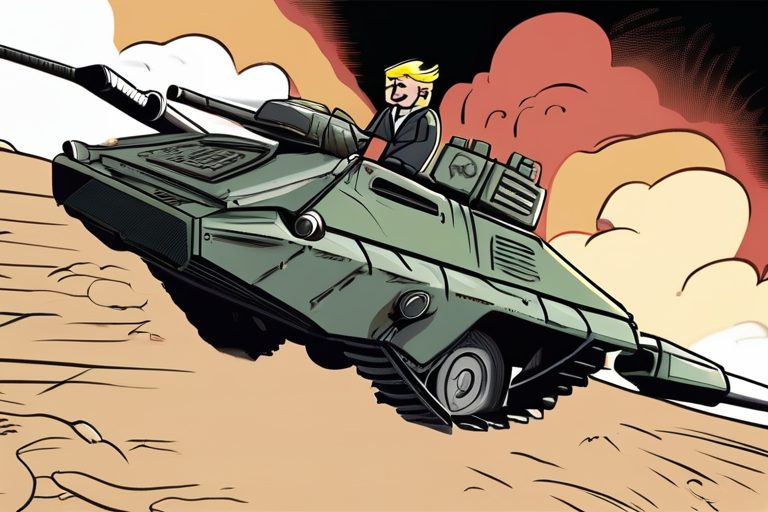
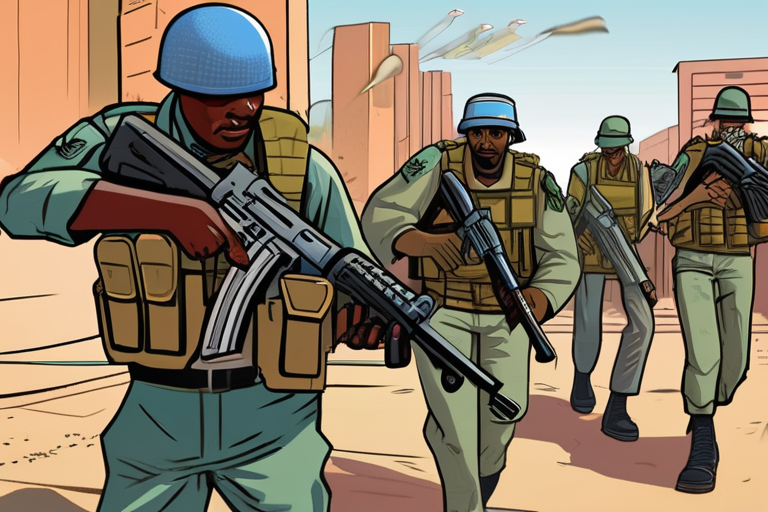
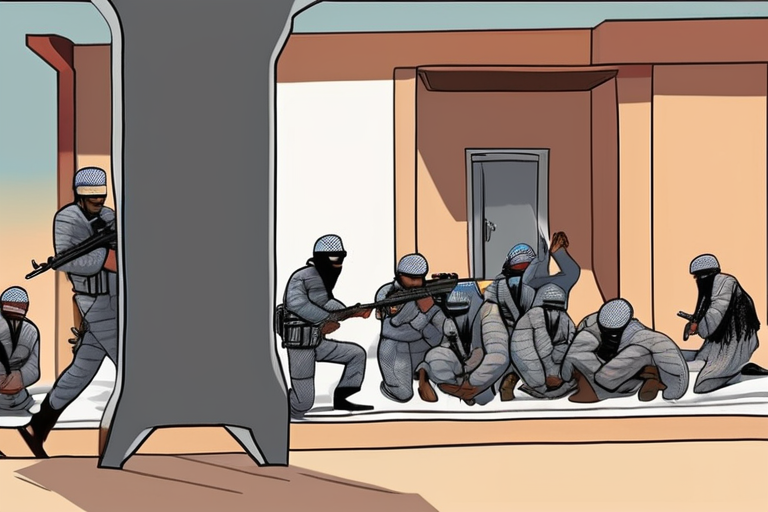
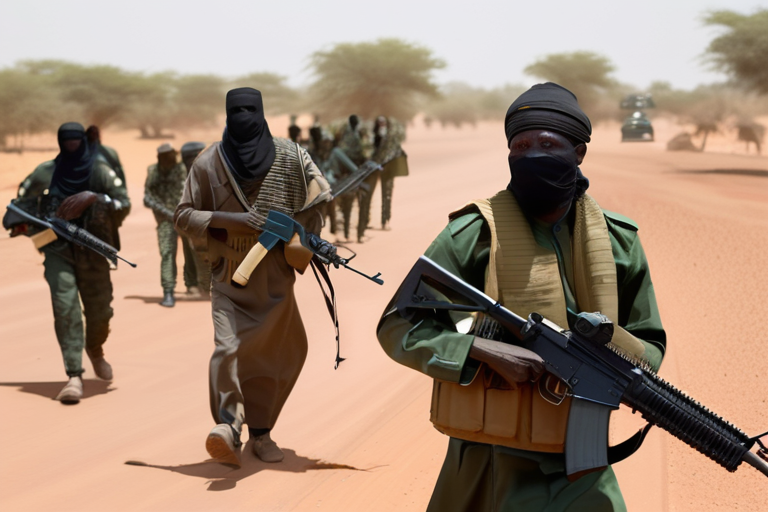
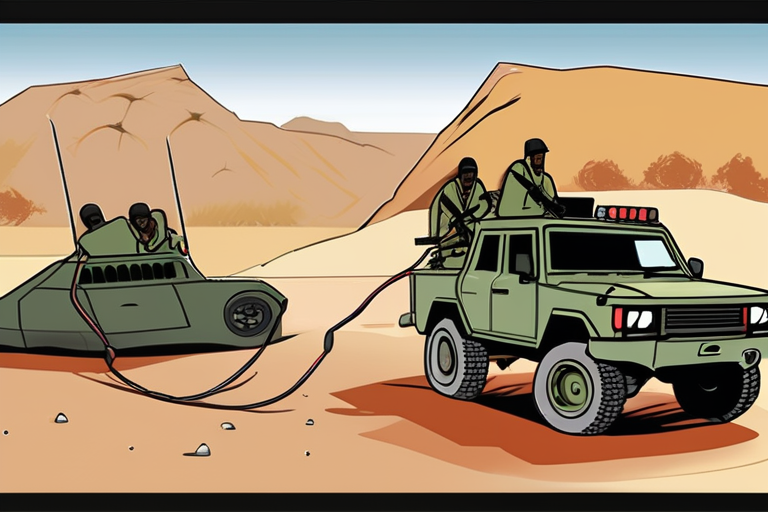
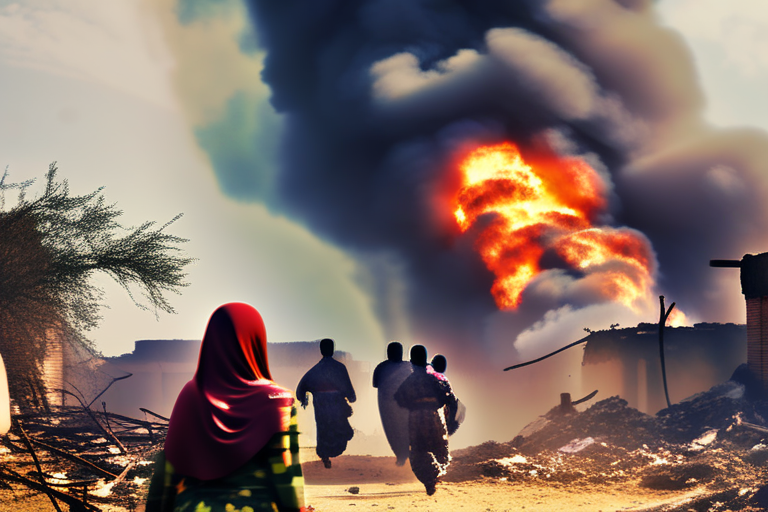
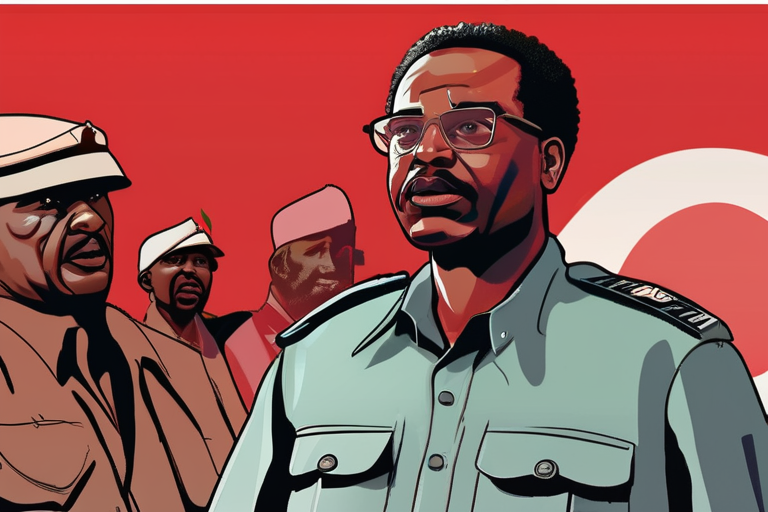
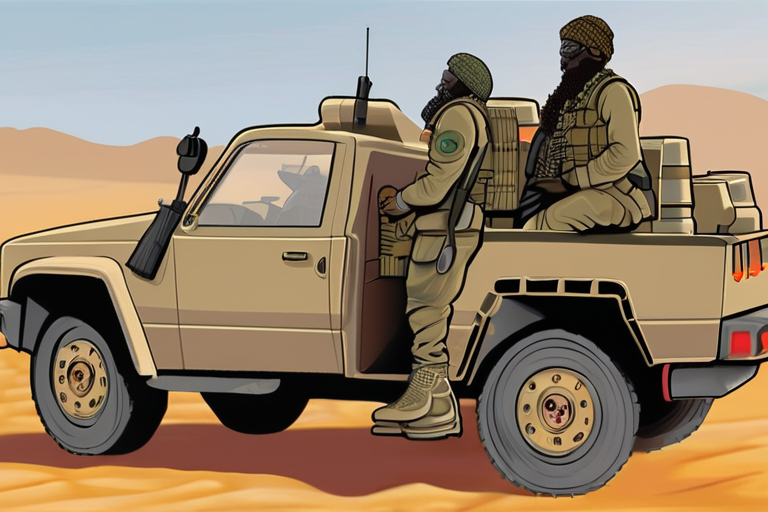
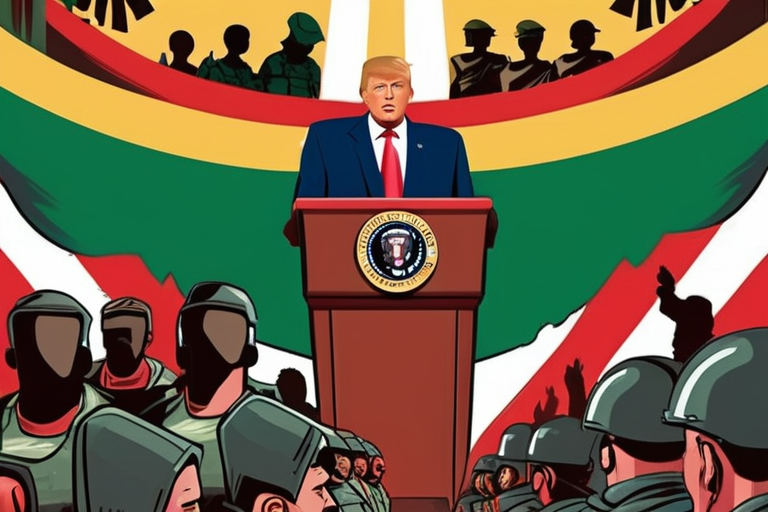
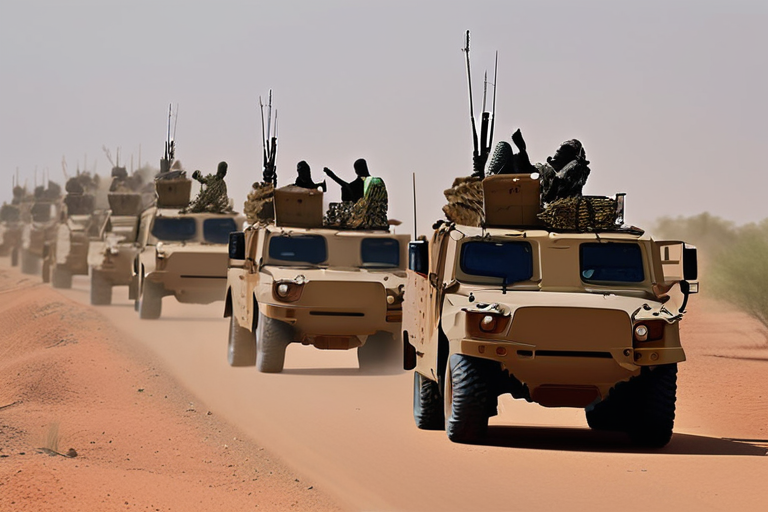
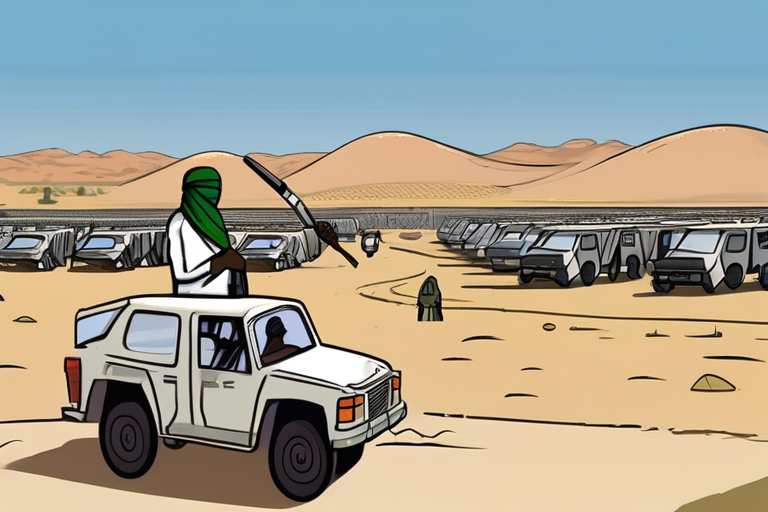
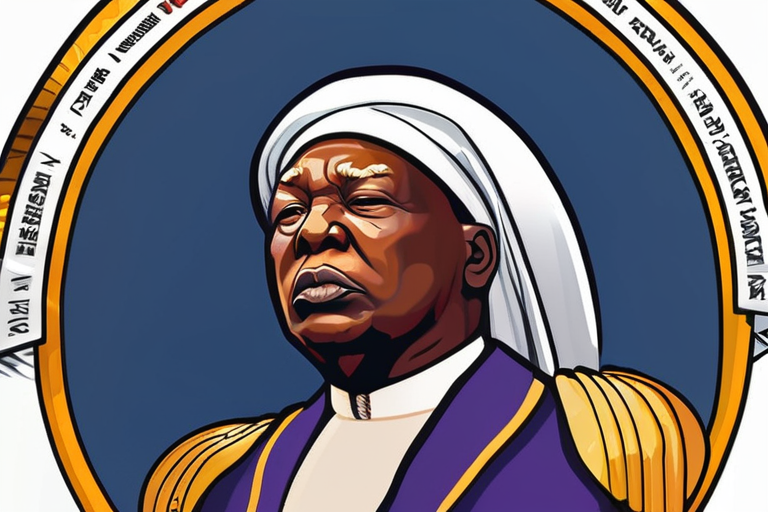
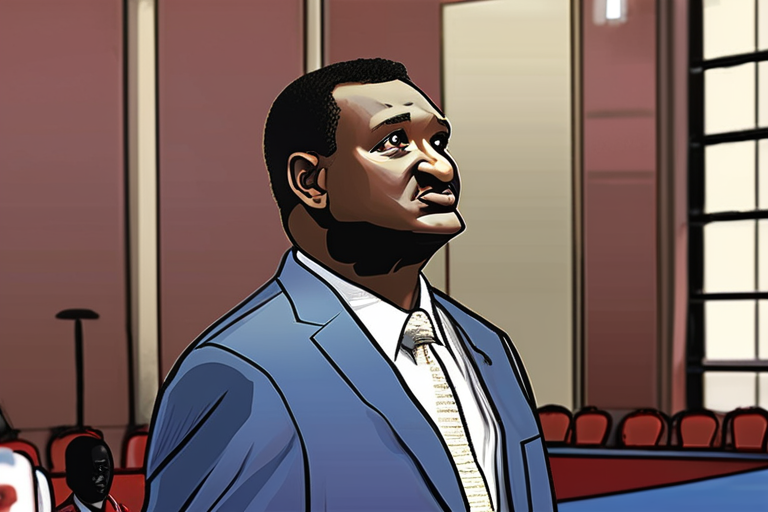
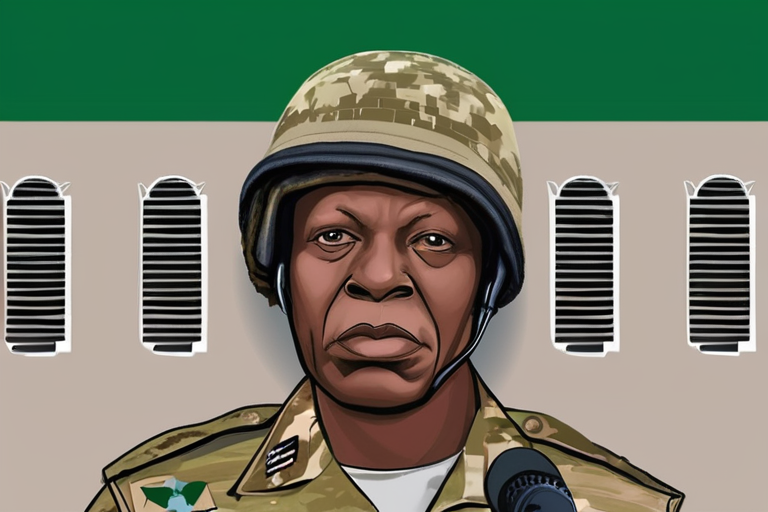
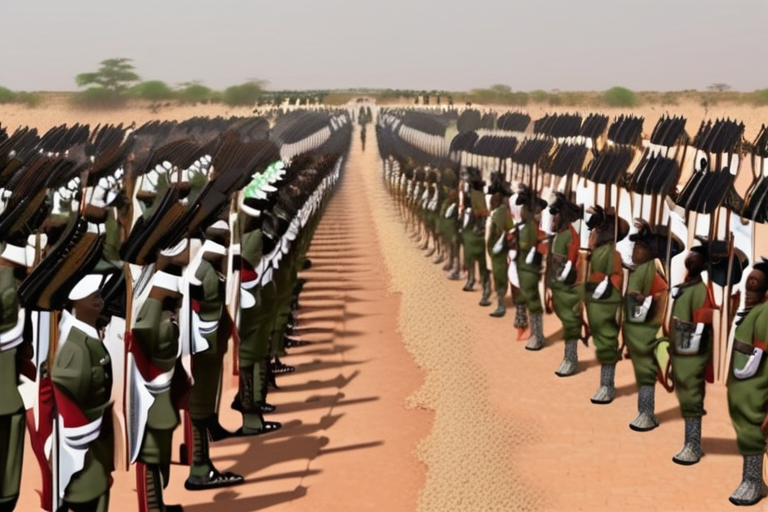
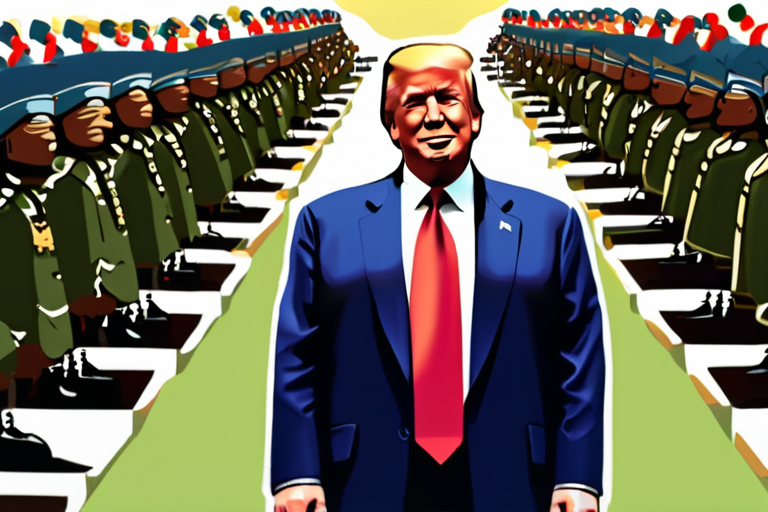
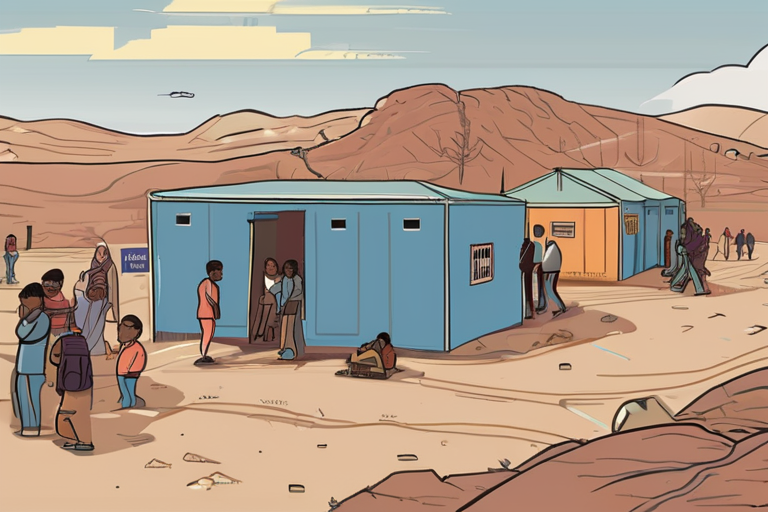
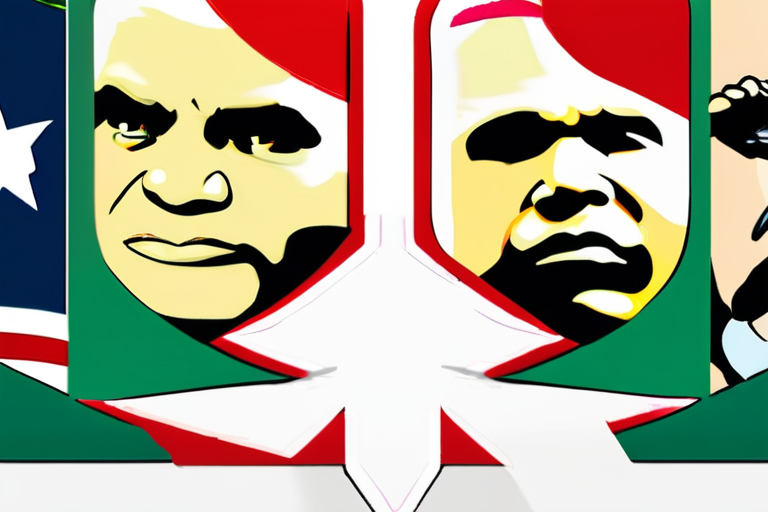

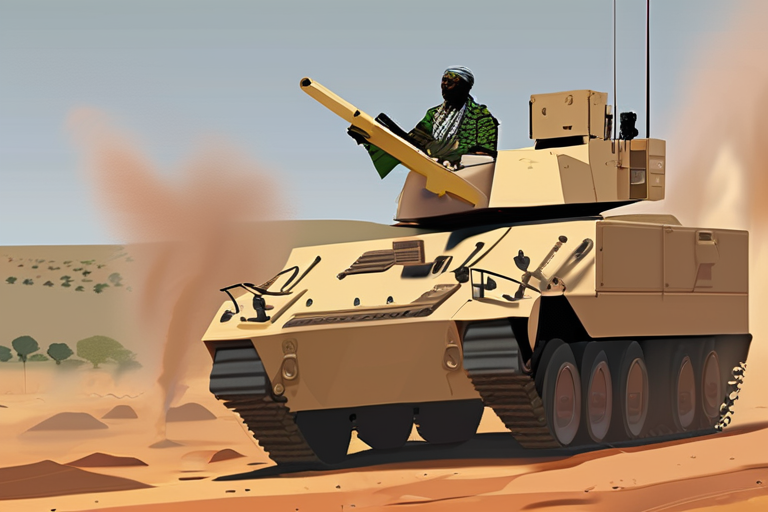
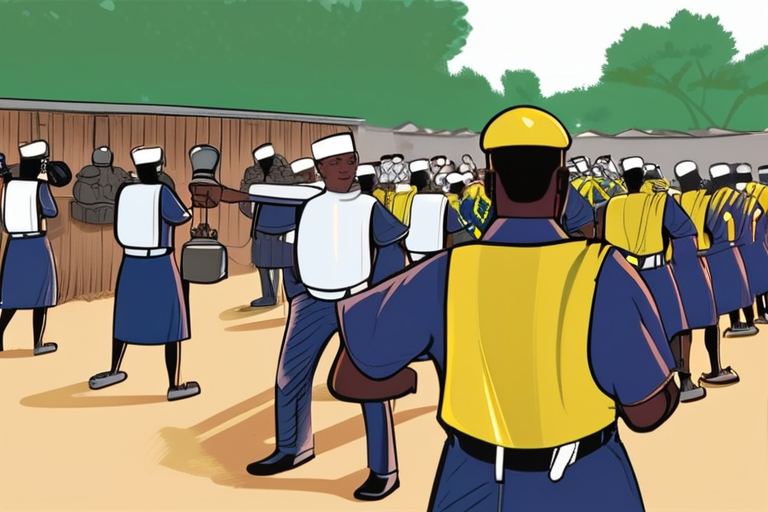
Share & Engage Share
Share this article